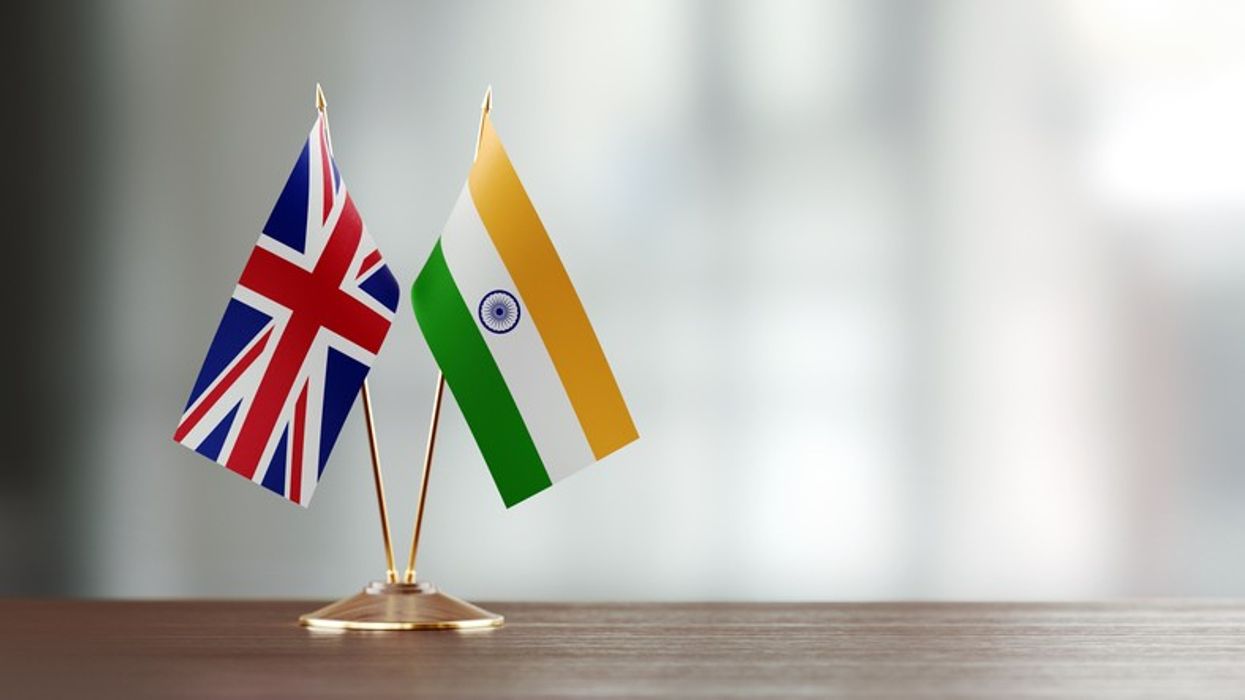THE government on Tuesday (31) updated its travel advisory for India to warn British nationals against carrying or operating satellite phones in India without a licence.
The Foreign, Commonwealth and Development Office (FCDO) reviewed the “Safety and Security” section of its advisory for India to flag that Britons have been arrested for bringing in such devices illegally to India.
It highlighted that prior permission from the Department of Telecommunication was also required for listening devices and “powerful cameras or binoculars” and that advice around such equipment can be sought from the High Commission of India in London.
"It is illegal to possess and operate satellite phones in India without a licence. British nationals have been arrested or detained for bringing satellite phones and other satellite-enabled navigational devices into the country without prior permission,” reads the FCDO update.
"Contact the Indian Department of Telecommunication to request a licence. You may also need prior permission from the Indian authorities to bring equipment like listening or recording devices, radio transmitters, powerful cameras or binoculars into India. Contact the High Commission of India for advice,” it notes.
The FCDO country-based advisory is a guidance on travel rather than a government-imposed regulation. It is intended to flag risks for travellers in order to make "informed decisions" and could lead to travel insurance being invalidated if the advice is overlooked.
The rest of the advisory for India remains unchanged, warning against all travel within 10km of the India-Pakistan border, “except for at Wagah where travellers can cross the border”.
Travel warnings also remain in place for British nationals for Kashmir and Manipur regions.
(PTI)





